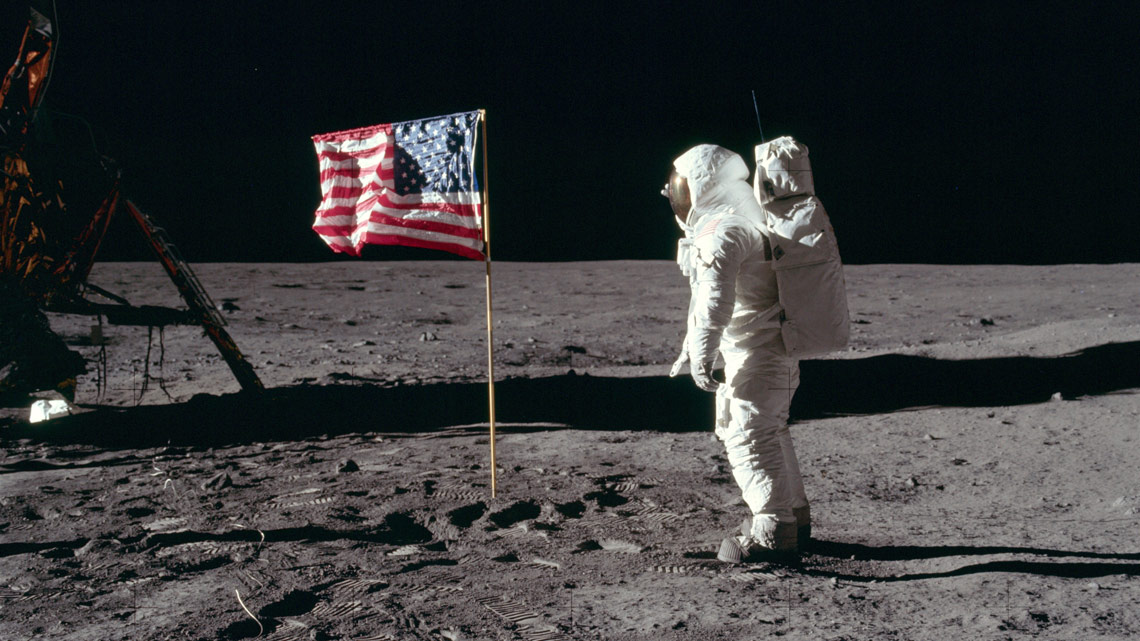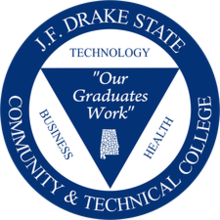
 On July 20, 1969, American astronaut Neil Armstrong stepped out of the Apollo 11 spacecraft and accomplished what no person on Earth had ever done before – walk on the moon.
On July 20, 1969, American astronaut Neil Armstrong stepped out of the Apollo 11 spacecraft and accomplished what no person on Earth had ever done before – walk on the moon.
For the first time since 1969, the United Nations General Assembly declared July 20 as International Moon Day, to annually observe at the international level the anniversary of humankind’s first steps on the moon and to raise public awareness about sustainable moon exploration.
Moon Village Association Group, with Lockheed Martin’s support as a founding sponsor, tapped Drake State Community and Technical College – a historically Black community college in Alabama – to host and livestream the inaugural International Moon Day celebration. The college stood centerstage as the official host site as more than 20 countries commemorated the anniversary of the Apollo 11 mission.
“Huntsville was one of a handful of birthplaces of the space program,” said John C. Mankins, vice president of the Moon Village Association. “Where better to celebrate that history? Our future in space will only be accomplished by a foundation of well-educated, motivated, and optimistic young people — including engineers, technicians, scientists, and more. Where better to draw the world’s attention than Drake State Community and Technical College?”
When NASA Marshall Space Flight Center selected Drake State as a collaborator in the Moon-to-Mars Planetary Autonomous Construction Technology project in 2021, this new research opportunity allowed Drake State to develop a relationship with NASA. Then came opportunities with the Moon Village Association to immerse students in some of the most exciting aspects of current space exploration, while leveling the playing field to help minority and female youth take their first steps in future STEM careers.
“If you talk to any astronaut who had been lucky to travel into space, they would tell you that our fragile planet needs all of our might and strength to pull together our resources and work in tandem as one to face all the problems we see today,” said Dr. Nasr Alsahhaf, chair of the International Moon Day Group. “We want to galvanize this cooperation between nations, especially the young generations between the ages of 10 and 30, and inspire them to delve into science and prepare to think seriously about their careers working on the moon for extended periods of time in the not-so-far future.”
For nearly as long as NASA has been in existence, Drake State students have worked to diversify the science and technology fields. This underscores the influence that historically Black institutions play in helping NASA send the first woman and first person of color to the moon. For example, Drake State NASA interns are figuring out how engineers can use a robotic arm to 3D print large-scale items such as bed frames, wall panels, brackets, and vents in space.
“Drake State represents both literally and metaphorically the tremendous opportunities that the ‘new space age’ — the ‘Moon Age’, if you will — offers to persons of color and to women in the U.S., as well as to individuals around the world to join in and to be a part of the future,” said Mankins.

